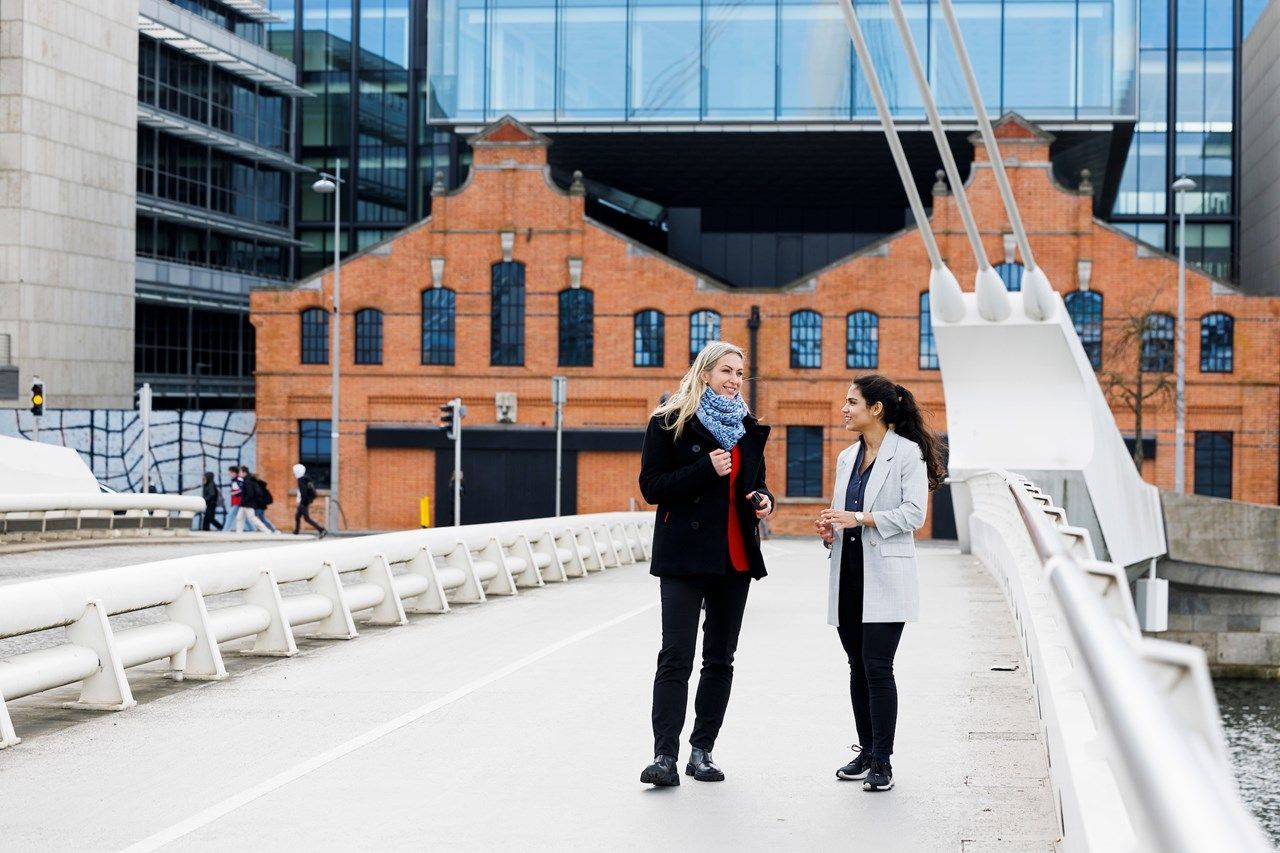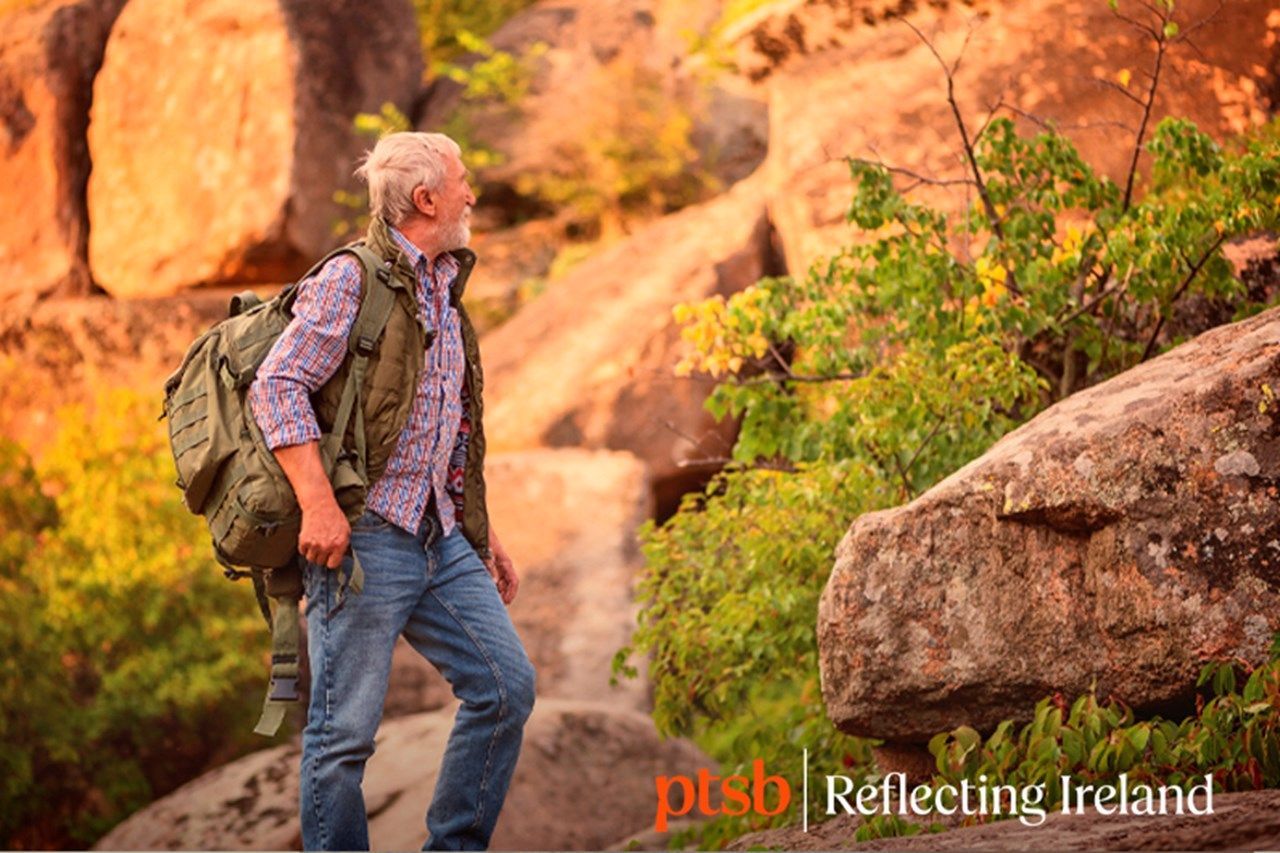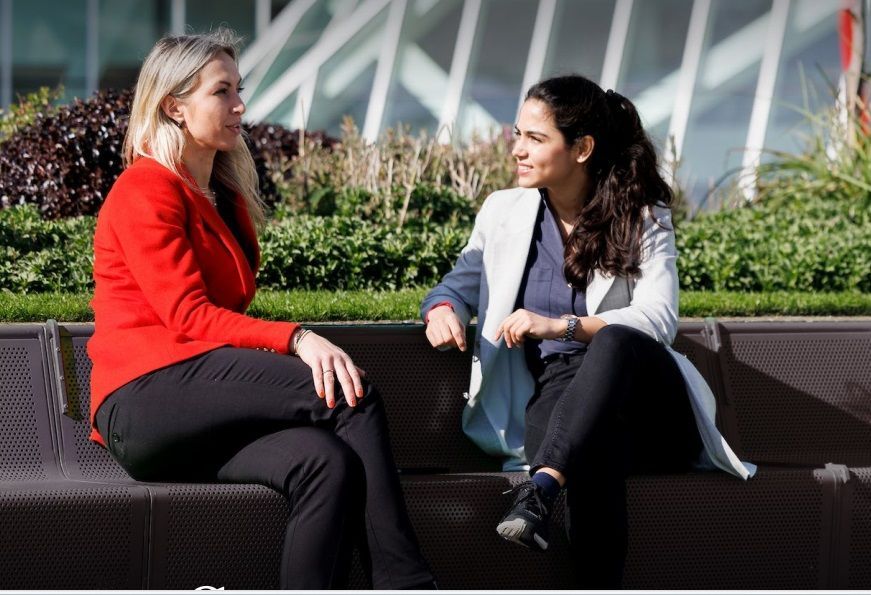Reflecting Ireland - Attitudes and Behaviours Towards Climate Change
I was delighted to be interviewed yesterday on RTE’s Morning Ireland, on the launch of the second issue of Permanent TSB’s Reflecting Ireland series which focuses on attitudes and behaviours related to climate change. Reflecting Ireland is a collaboration between Permanent TSB, Kantar and BehaviourWise which sheds light on areas of behavioural change in Ireland.
Despite high awareness and concern about climate change, the research reveals that when seen in the context of our day-to-day lives it is competing with many other issues for our attention and not always winning. In fact it ranks 7th in areas Irish people feel need to be addressed right now, after the cost of living, housing and health.
Most people like to be seen as ‘green’. Six out of 10 feel it’s important to be seen as environmentally friendly, and a similar proportion feel their household is already doing all it can to reduce carbon footprint. For 1 in 10, being seen as ‘green’ really doesn’t matter. This indicates there’s a job to be done to convince the 1 in 10 to take action for climate change, and also convince the 6 in 10 that like to be seen as environmentally friendly that they need to do more.
Challenges and opportunities lie ahead. The research suggests 1 in 3 feel their personal behaviour will not make any difference, and almost as many (27%) believe there is not enough evidence to link our personal behaviour to climate change. The majority (71%) believe trying to be as environmentally friendly as possible will cost them money, whereas we know that most climate-friendly behaviours can actually save us money. Evidence from behavioural research* shows that focusing on the opportunity to save money as a primary message, supported by the benefits for the climate as a secondary one, is a much more powerful motivator than focusing on benefits for the climate alone.
There are lots of other interesting findings, including evidence of an Intention-Action gap in everyday climate-friendly behaviours, and the difference a Government subsidy can make to big investment decisions. The proportion of those prepared to consider getting their home retro-fitted is two and a half times greater when Government assistance is offered than when it would have to be self-financed.
The priority now is to convince people to take action and that their efforts will make a difference, and then help them move from intention to action. Hopefully this research will contribute to the debate about how to do that. View the full report here: https://bit.ly/3ro2kFo
* Behavioural Architects, September 2021: Tackling Climate Change from Home: How to Turn Good Intentions into Positive Actions. A research report by The Behavioural Architects Commissioned by Smart Energy GB










